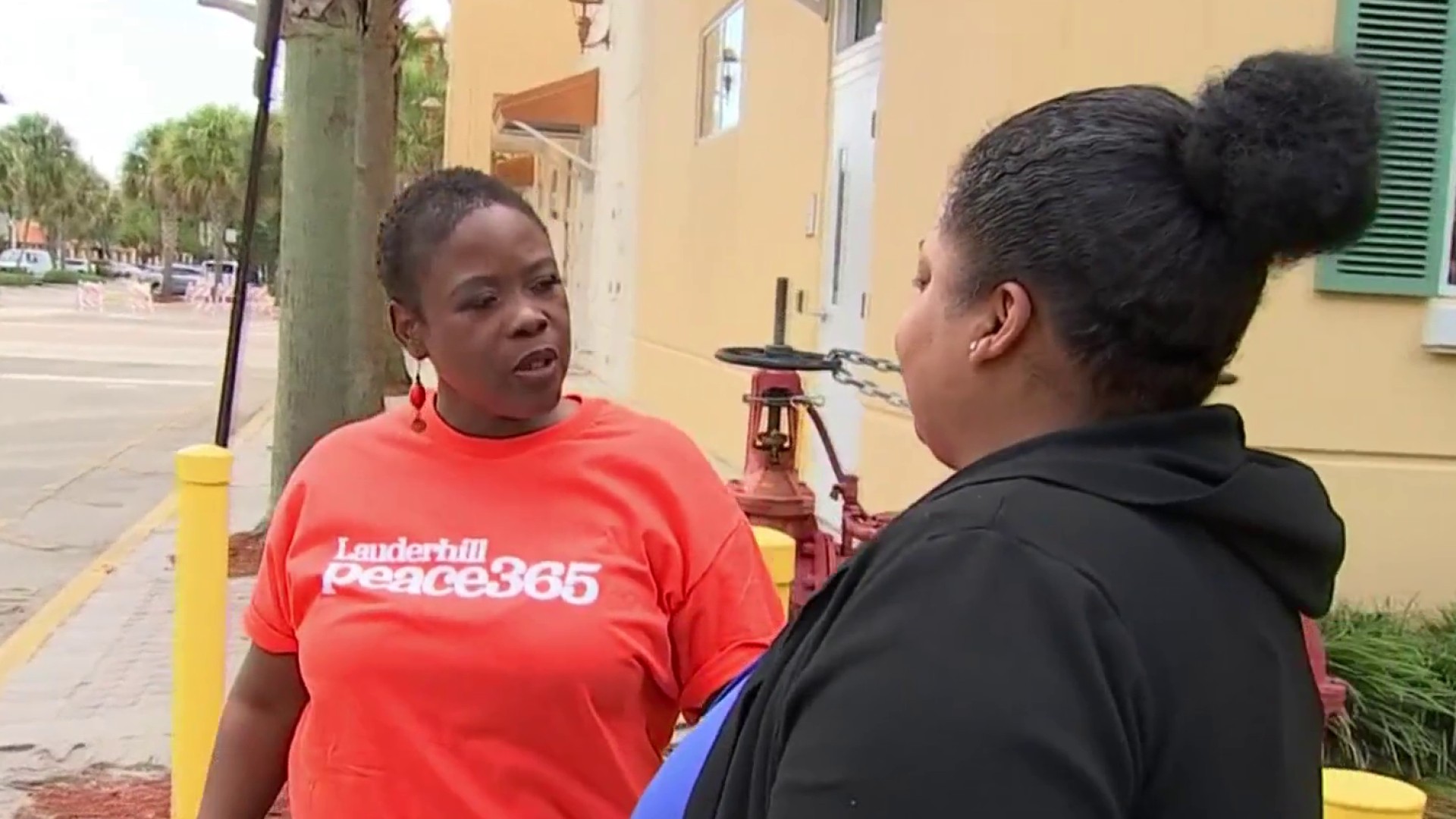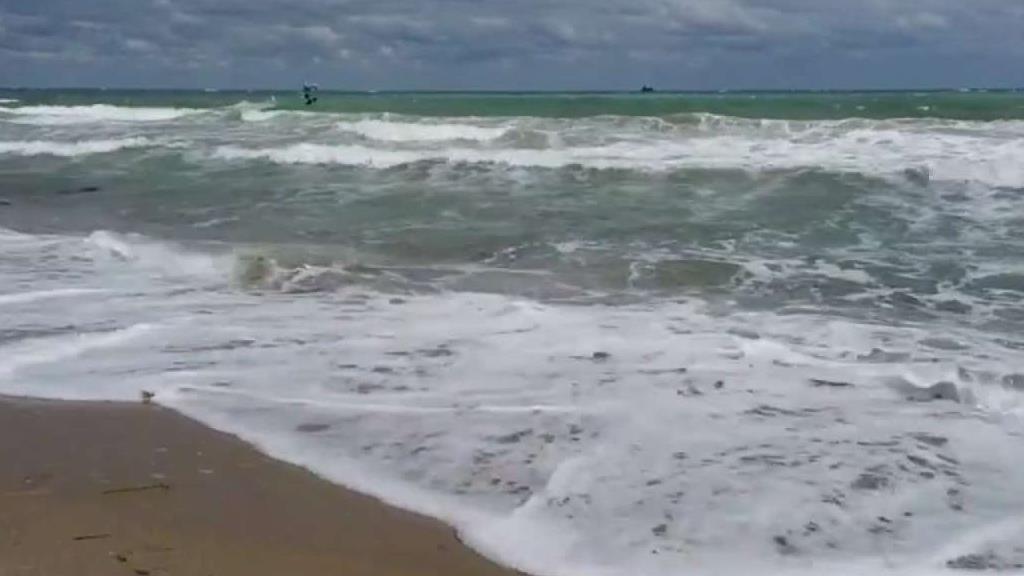The folks over at the Miami-Dade Fire Rescue Department released these tips for staying safe when lightning -- summer is peak bolt season, ya know -- is around:
Use the "30-30 Rule" when you see lightning by counting until you hear thunder. If that time is 30 seconds or less, seek shelter immediately because the storm is close enough to be dangerous.
When outside, avoid being the tallest object.
Don't stand under or near an isolated tree or small group of trees.
Get inside a sturdy structure before the storm approaches.
Unplug all unnecessary appliances.
Don't use the telephone during a storm unless it's an emergency.
Don't stand by open windows, doors or patios during a thunderstorm.
Local
Get out of boats and away from water.
If a sturdy shelter is not available, get inside a hard-topped automobile and keep the windows up.
Don't take a bath or shower during a thunderstorm.
If you feel your skin tingle or your hairs stand on end, squat low to the ground on the balls of your feet. Place your hands on you knees with your head between them. Make yourself the smallest target possible and minimize your contact with the ground -- do not lie flat on the ground.
If someone is struck by lightning, call 9-1-1 immediately.
Residents of Miami-Dade County must also be aware of positive or "out-of-the blue" lightning. Lightning that originates at the top of a thunderstorm carries a positive charge. Positive lightning is particularly dangerous because:
It frequently strikes away from the rain core, either ahead or behind the thunderstorm.
It can strike as far as five to 10 miles from the storm, in areas that most people do not consider to be a lightning risk area.
It has a longer duration, making fires more likely.
It usually carries a high peak electrical current which increases the lightning risk to an individual.
According to the National Weather Service, 1,000 people are sent to the hospital annually for lightning-related injuries. These injuries can be life-long and debilitating.



